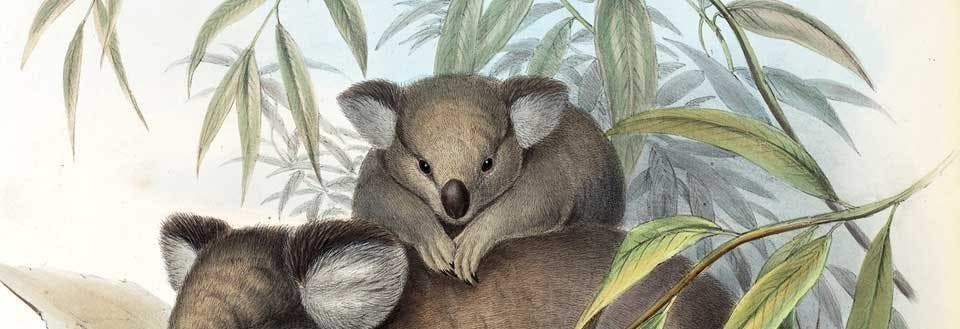Darwin, Charles (1809-1882).
On the Origin of Species by Means of Natural Selection. London: John Murray, 1859.
The Origin of Species was published on Nov. 24, 1859. It sold out immediately, and went into a second printing. The book was intensely discussed in the ensuing months. Some naturalists, such as Thomas H. Huxley and Joseph Hooker, were immediately persuaded by Darwin’s arguments. Many others, such as Richard Owen and Louis Agassiz, found the arguments unconvincing. The debate has continued, in some sense, to the present day.
In the Origin, Darwin presented a case for a new way of looking at the history of life on earth. Species are not fixed, said Darwin, but are continually being modified. Modification occurs because each generation produces variations among individuals, some harmful, some favorable. Because of the intense struggle for existence, any favorable variation will confer a slight advantage on that individual, giving it a better chance to survive and produce offspring. If it does, those offspring will inherit that variation, and the species will have slightly changed. Over thousands and millions of generations, the accumulation of changes is sufficient to produce not only new genera and species, but new classes and orders. Thus all living things are related, by descent from common ancestors. This descent with modification is what we now call evolution.
Is this a bad thing? Darwin didn’t think so. It does mean we can no longer look at nature as the product of design, and at species as fixed by some creative act. But to Darwin, it was even more wonderful that the world we see could have built itself, in some sense, from its bootstraps, by random variation and natural selection. As Darwin himself put it, in the last sentence of this book:

